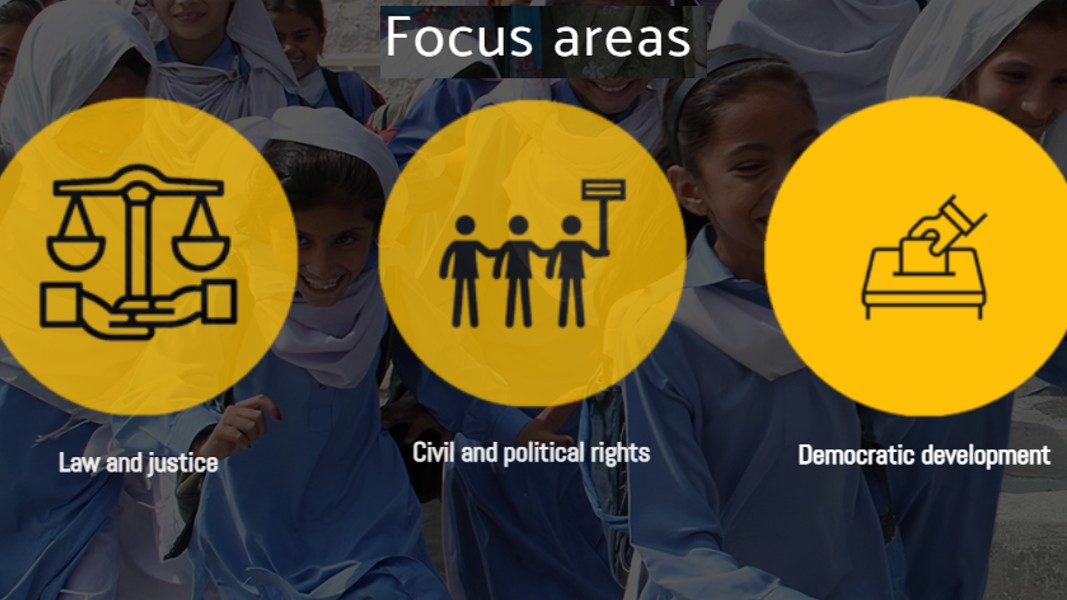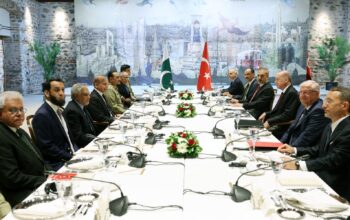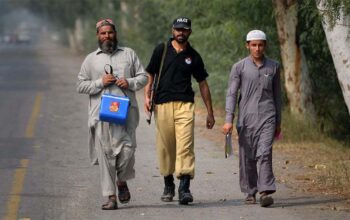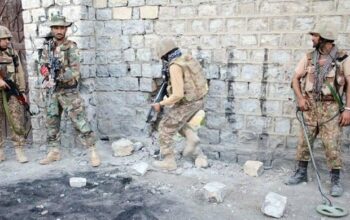By Staff Reporter
KARACHI: The Human Rights Commission of Pakistan (HRCP), a prominent civil society organization, expressed alarm on Wednesday over the restriction of civil liberties and the possible rollback of constitutional reforms ahead of the general elections scheduled for February 8, 2024.
In a report titled “Election Watch”, the HRCP said that the pre-election environment was “lacklustre” and “uncertain”, despite the return of former prime minister Nawaz Sharif from his self-imposed exile. Sharif, who leads the Pakistan Muslim League-Nawaz (PML-N), is one of the main contenders for power, along with the former premier Imran Khan’s Pakistan Tehreek-i-Insaf (PTI) and the newly formed Istehkam-i-Pakistan Party (IPP).
“The HRCP believes that this is partly because the political situation is unique: at this stage, more than one ‘king’s party’—the PML-N and Istehkam-i-Pakistan Party (IPP)—is being touted as a ‘selected’ victor,” the report said. “This is cause for concern because it will undermine the small democratic gains that Pakistan has taken decades to make.”

The report also noted that there was a worrying debate around the possible rollback of the 18th Amendment, which devolved powers to the provinces, and the National Finance Commission formula, which determined the distribution of resources among the federating units.
“There was also debate around the possible rollback of the 18th Amendment as well as the National Finance Commission formula in light of news emanating from the PML-N, a major power contender appearing to take the same position as that articulated by powerful circles in the country’s military establishment,” the report said.
The HRCP said that these constitutional provisions were essential for the country’s federalism and democracy, and that any attempt to reverse them would be detrimental.
The HRCP also documented various violations of human rights and civil liberties in the run-up to the elections, especially the curtailment of freedom of assembly and expression.
“As in previous months, freedom of assembly and expression were curtailed—party leaders were prevented from campaigning, political leaders were arrested and rearrested, some were forcibly disappeared and others stopped from attending protests,” the report said. “The PTI continued to bear the brunt of state-sanctioned crackdowns on party leaders and workers, amid violations of their right to liberty and freedom of assembly.”
“While the events of 9 May were the key context for these rights violations, parties other than the PTI were also subjected to such curbs.”
The report also mentioned the controversial interview of Khawar Maneka, the ex-husband of Imran Khan’s wife Bushra Bibi, which was seen as a new low in political discourse and a sign of the media’s lack of independence. It said the media was under “brazen control” and faced censorship, intimidation, and harassment.
The commission said that security issues remained a major challenge, especially in the restive provinces of Khyber Pakhtunkhwa and Balochistan, where alleged extrajudicial killings and enforced disappearances continued. The report cited the alleged extrajudicial killings of four men in Turbat, Balochistan, by the security forces, and the Senate resolution supporting the extension of military courts, which faced opposition from major political parties.
The report also pointed out the gender gap in the electoral rolls, saying that millions of women voters were still unregistered or disenfranchised, posing a serious threat to their political participation and representation.
The commission urged the Election Commission of Pakistan, the judiciary, the media, the civil society, and the political parties to play their role in ensuring a free, fair, and transparent election that would reflect the will of the people and strengthen the democratic system in the country.
Copyright © 2021 Independent Pakistan | All rights reserved




